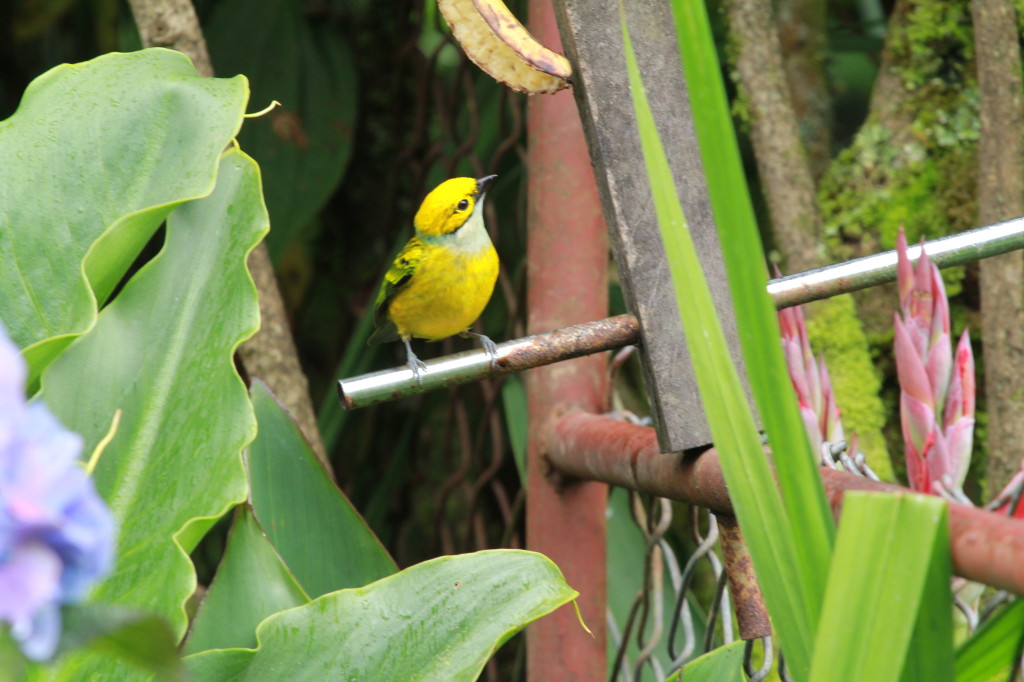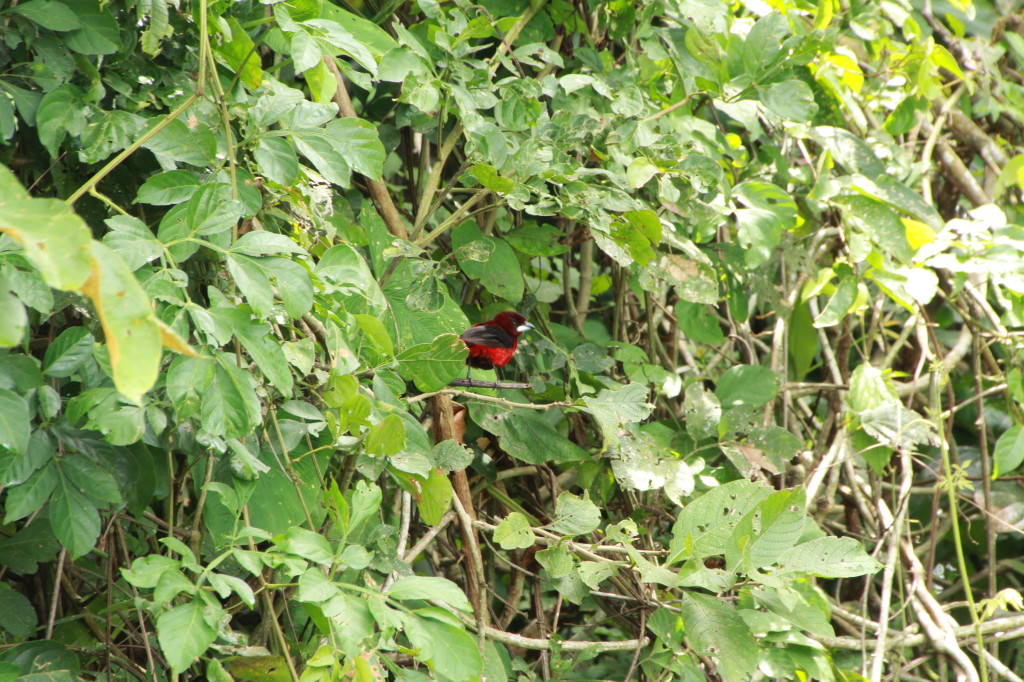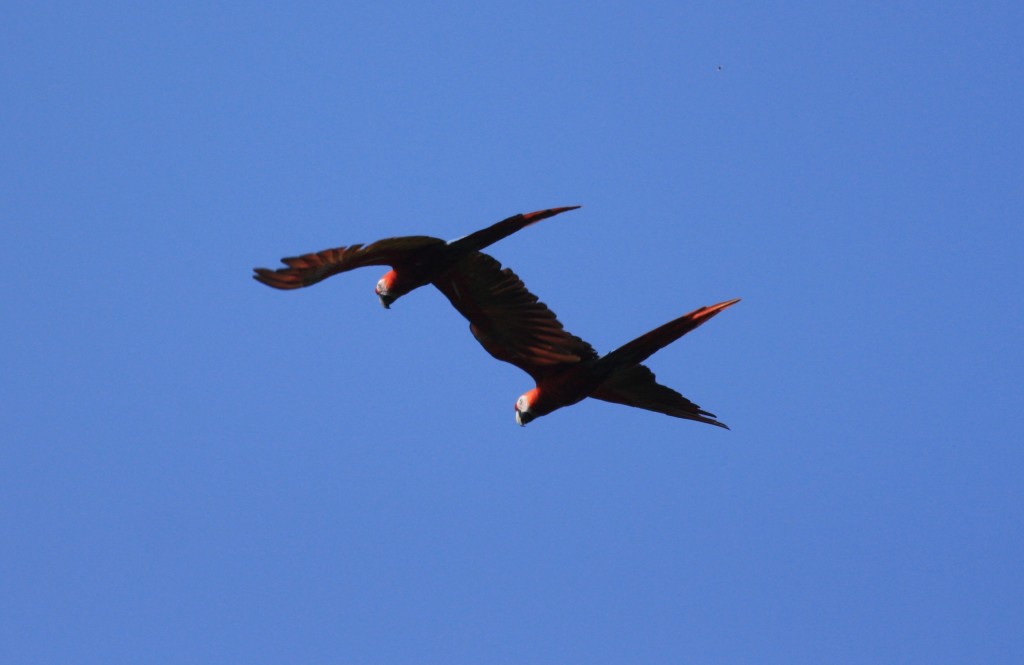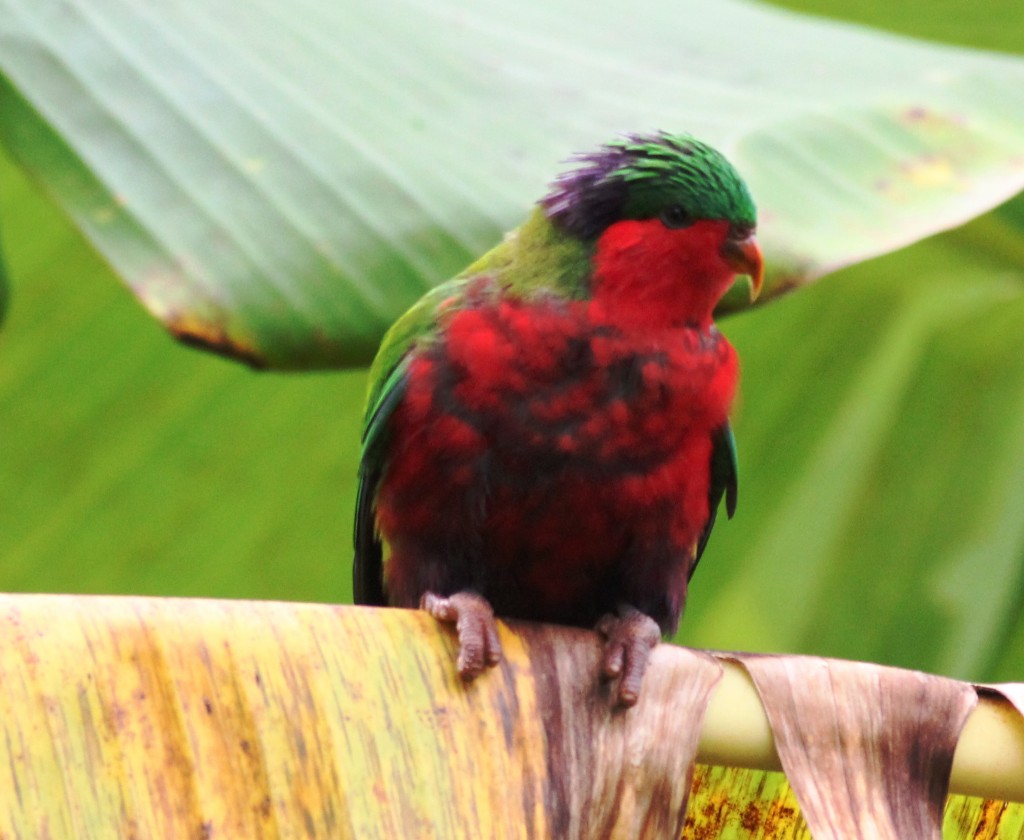Birding can be very rewarding or very frustrating. Some days you will see and hear birds easily, other days you just KNOW they are there but they just won’t come into view. In recent years, the popularity of bird call apps for smartphones can be a huge temptation. People can download actual bird songs and play them on a speaker hooked up to their smartphone to lure a bird closer so they can get that all important photograph. But just how much harm can we do with these apps?
 Yesterday, I saw a link to this article on BBC come across my Facebook feed.
Yesterday, I saw a link to this article on BBC come across my Facebook feed.
“Repeatedly playing a recording of birdsong or calls to encourage a bird to respond in order to see it or photograph it can divert a territorial bird from other important duties, such as feeding its young. It is selfish and shows no respect to the bird. People should never use playback to attract a species during its breeding season.”
While I do have a few bird song apps, I don’t have a speaker or amplifier of any kind and I have used these apps to remind me of what kind of bird song I am listening for. I have seen other birders using the apps with speakers to lure a bird closer in.
Further research turned up a few more articles. From Discovery.com:
“Just keep the volume low,” Dr. Hilary Wilson, a developer for the Chirp! app, told the BBC, although she admitted it is possible to misuse them. “We urge great caution — birdsong is simply a pleasant sound to human ears, but to birds it is a powerful means of communication.”
From Seattle Times:
While delightful to our ears, singing is serious for birds. Males pour their hearts out to impress the ladies. They trill to proclaim territory and keep other males away. Every strange song — whether from another bird or an iPhone — registers as a threat.
“That’s why it works,” said Sam Wasser, director of the University of Washington’s Center for Conservation Biology. “The male is going: ‘Oh, my god! There’s another bird in my territory.’ ” The trickery is most effective during breeding season.
When the sought-after bird pops out, birders can snap pictures and tick off a box on their life lists. But the consequences to the bird can include heart-pumping anxiety, exposure to predators and an undefended nest and mate.
“I’ve seen woodpeckers respond to playback from birders … and a sharp-shinned hawk comes and takes that bird out,” said Martyn Stewart, a Seattle-based wildlife recording expert.
From Time.com:
What if all the bird lovers out there clamoring to use their new technology were really driving birds mad? As new bird-calling technology, whether applications for your smartphone or recorded onto your iPod, lure birds to where you are for better viewing or photographing, they may also be messing with the brains of birds.




